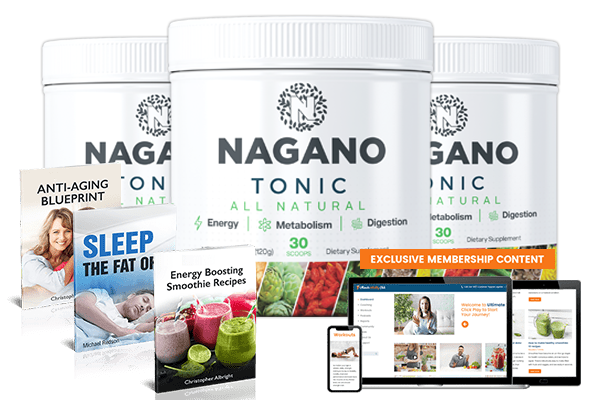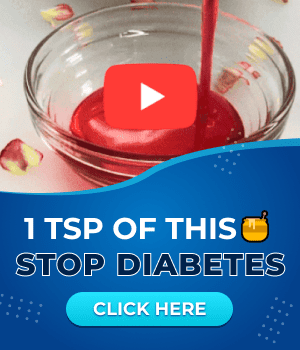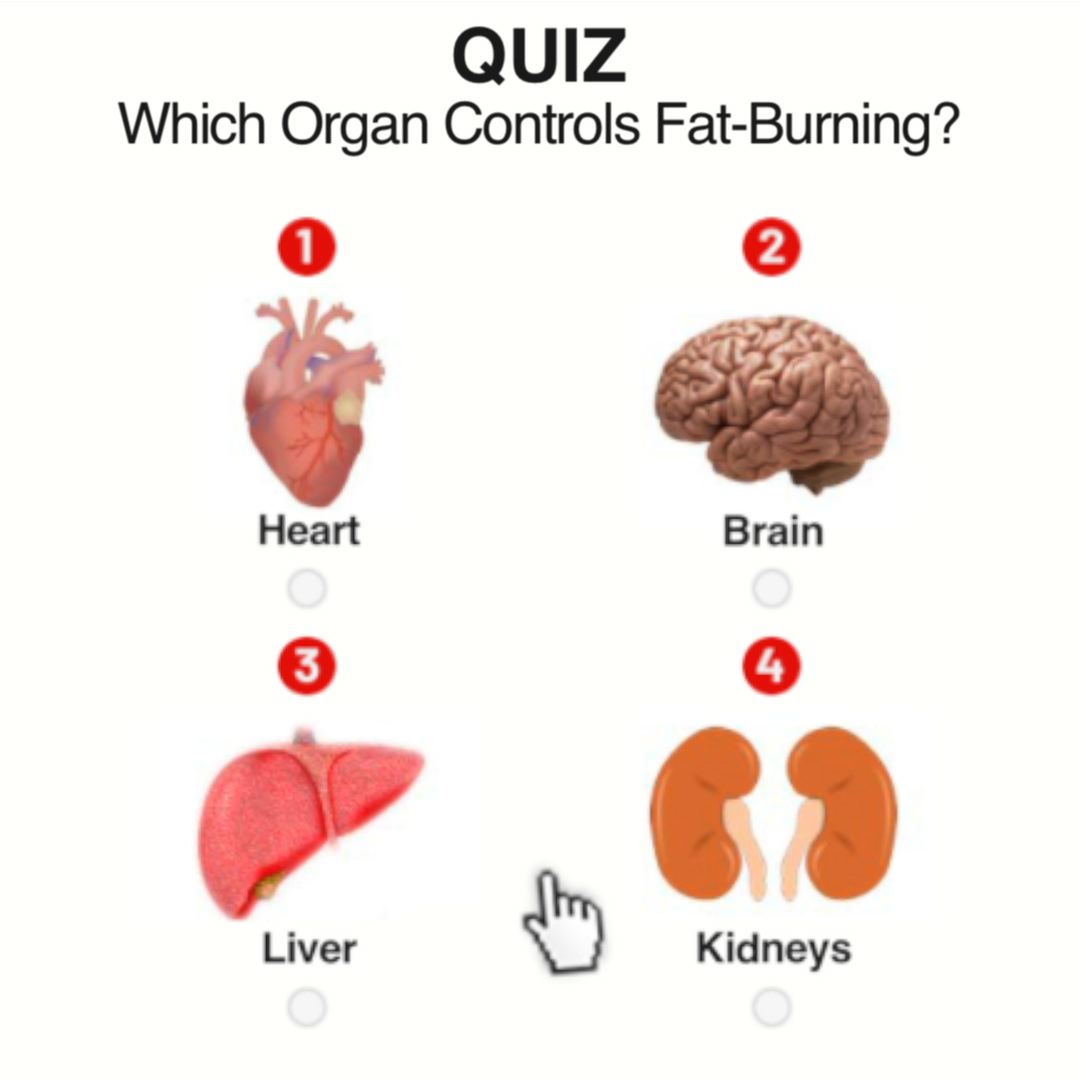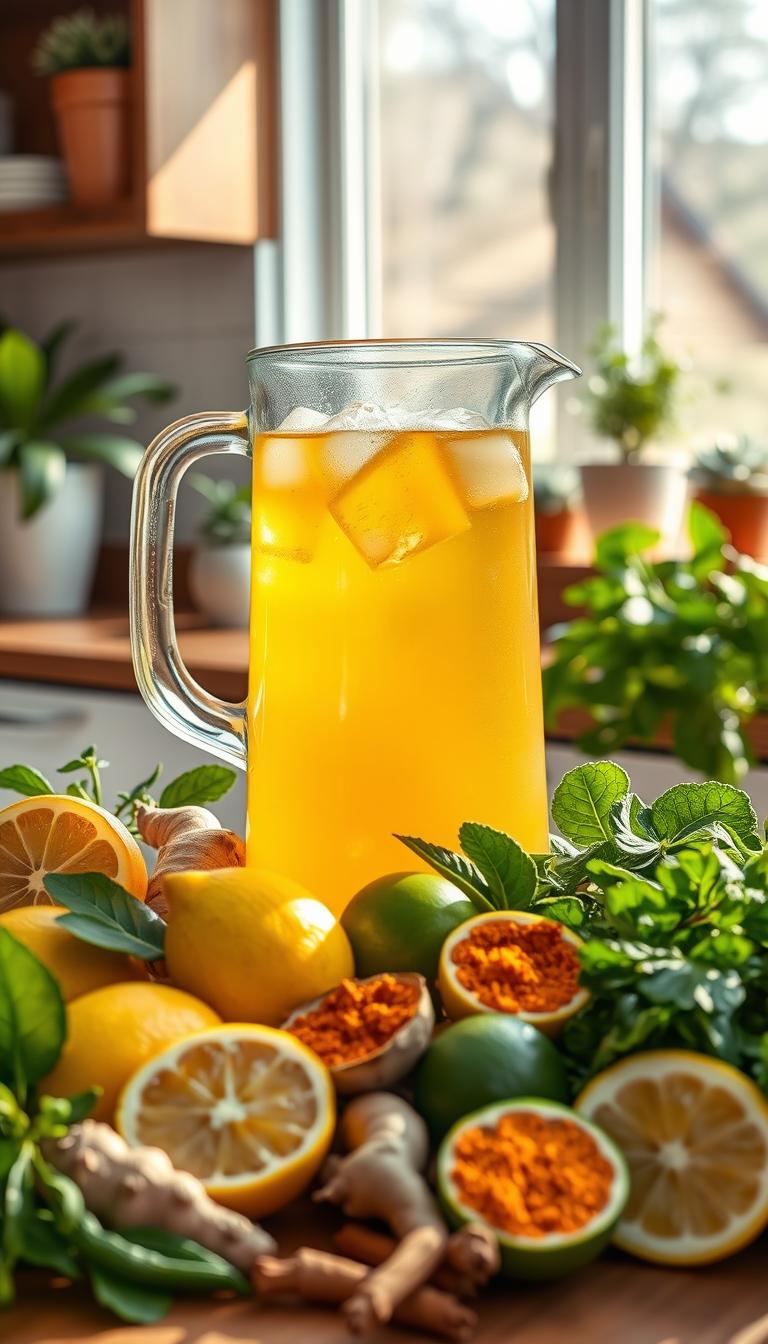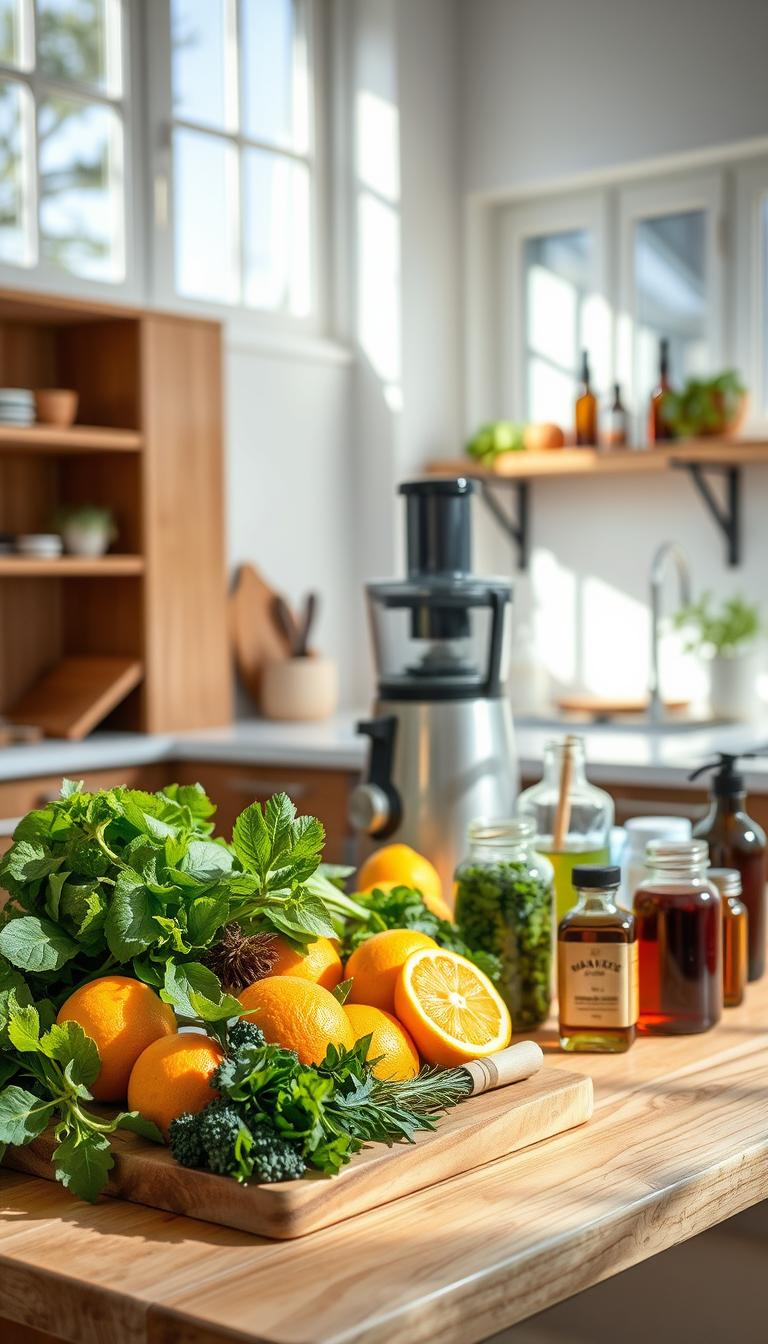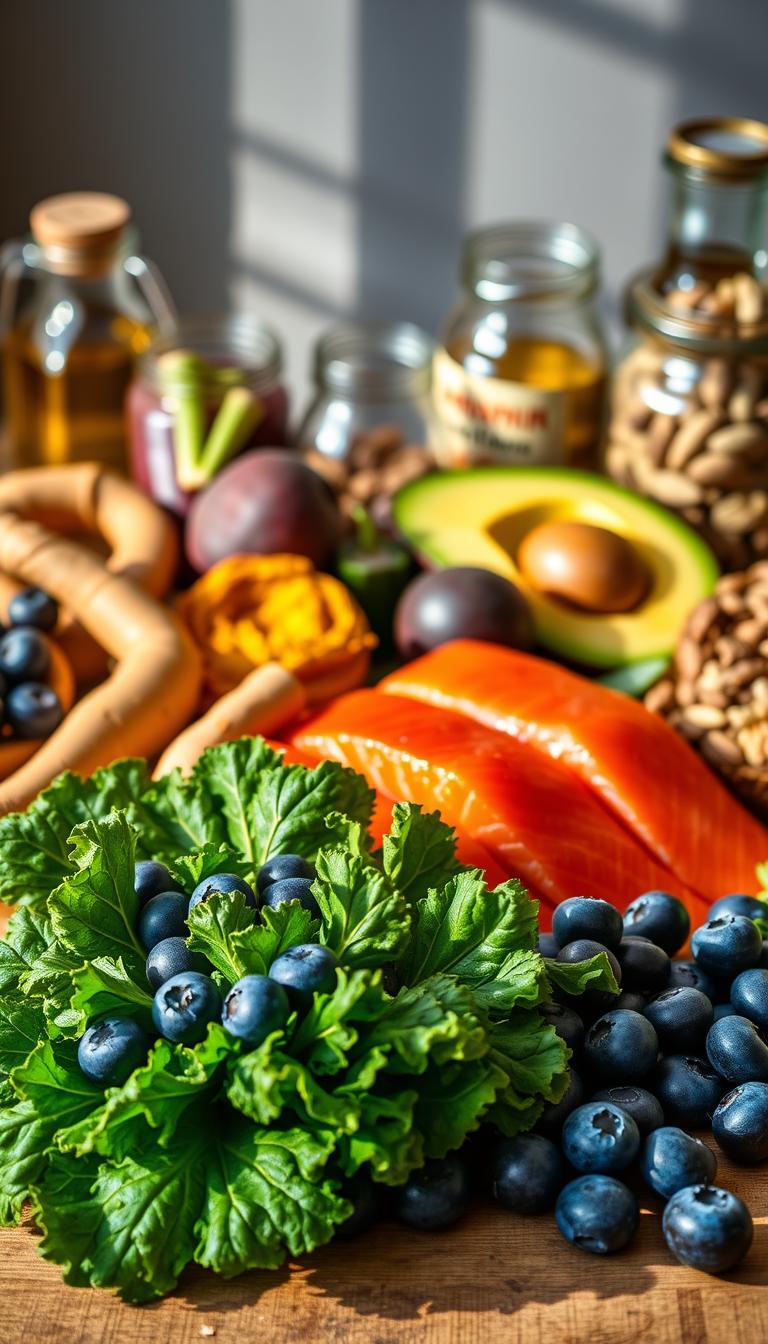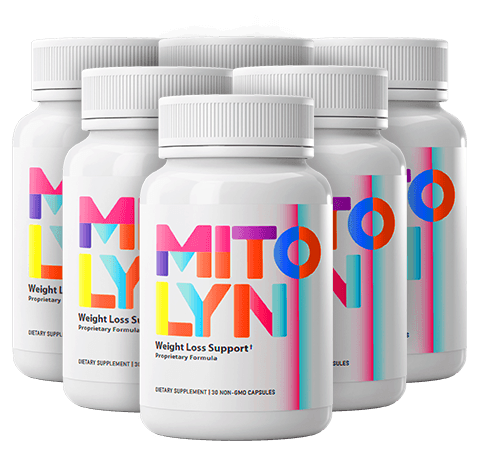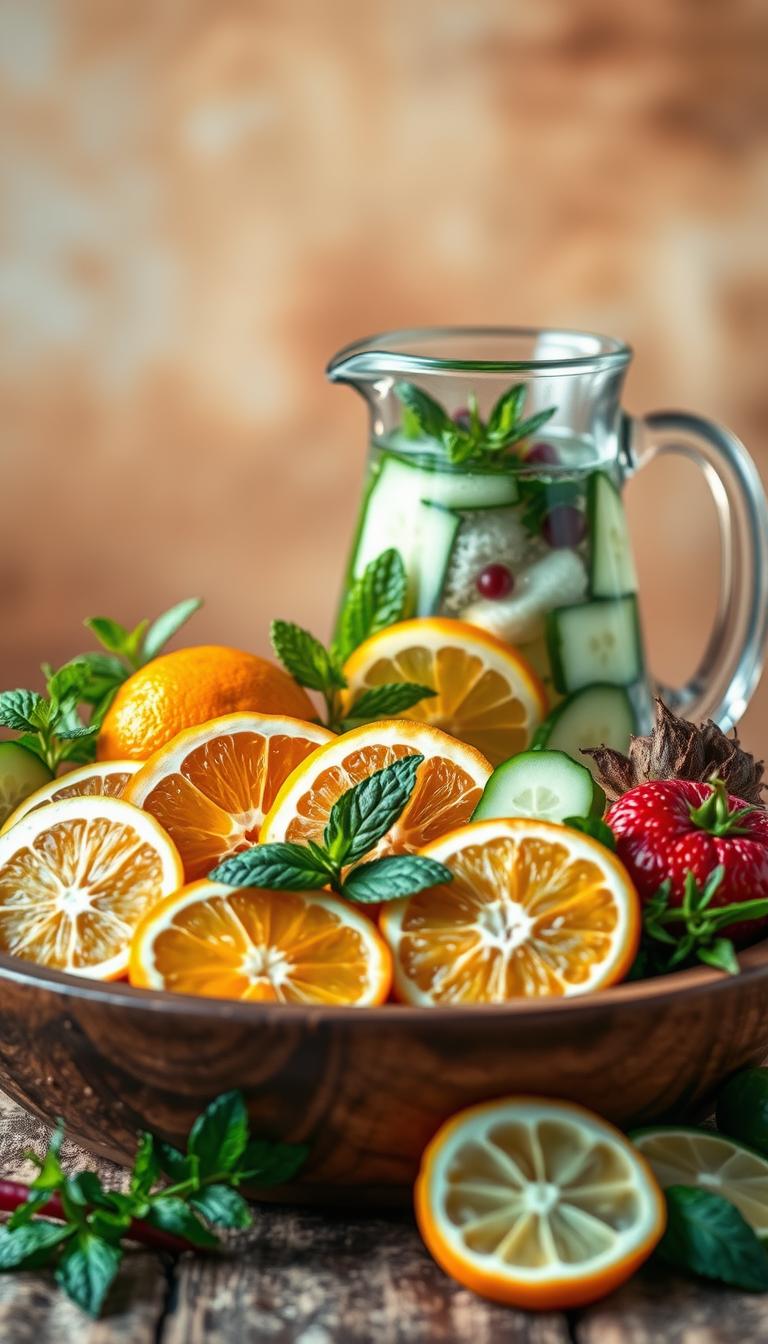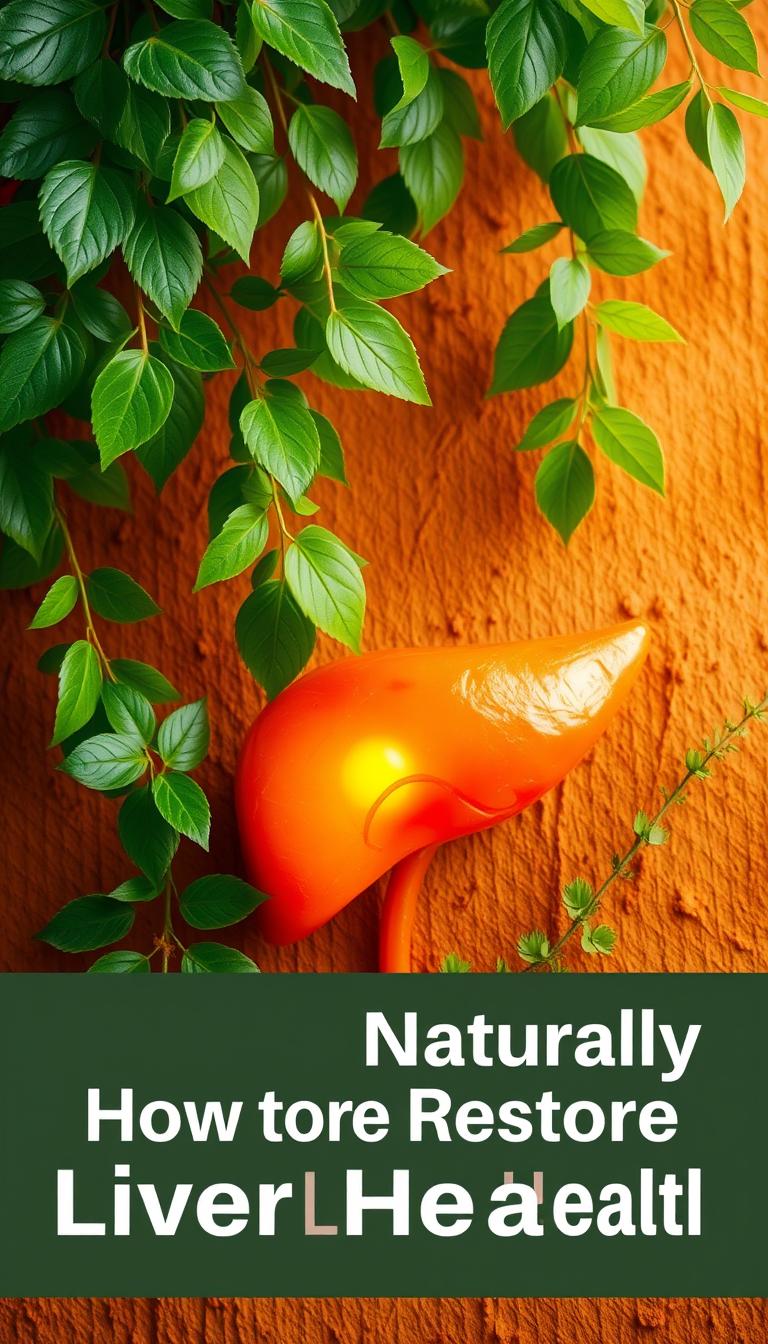
Imagine a hardworking machine inside your body, filtering toxins, processing nutrients, and keeping you alive—your liver does this 24/7. Yet, many of us take this vital organ for granted until something goes wrong. Liver health isn’t just about avoiding alcohol or “cleanses” that lack proof. It’s about giving your body the tools to heal itself.
Every year, millions face liver diseases like fatty liver or hepatitis C, often silently until damage occurs. But the good news? Your liver can regenerate—if you support it. This guide shares science-backed steps to help your liver repair and thrive.
Your liver works tirelessly, but modern diets, stress, and habits can push it to its limits. By making small changes—like cutting back on sugary drinks or choosing whole foods—you can reduce strain and boost regeneration. Let’s explore proven ways to nurture this powerhouse organ.
Key Takeaways
- Maintain a BMI between 18–25 to lower NAFLD risk.
- Drink 3–4 cups of coffee daily to reduce chronic liver disease risks.
- Screen for hepatitis C if you had a blood transfusion before 1992 or unregulated tattoos.
- Garlic, blueberries, and green tea offer liver-protective compounds.
- Limit alcohol: men to 3 drinks max daily; women to 2.
Understanding Liver Function and Importance
Your liver works all day, every day. It does over 500 jobs, like cleaning your blood and storing energy. What you eat and toxins you face can hurt its work. Keeping your liver health up means helping your body detox.
- Filters toxins from blood and medications
- Stores vitamins A, D, B12, and iron
- Regulates blood sugar by managing glucose storage
- Produces bile to digest fats and absorb nutrients
- Breaks down harmful substances like alcohol
“The liver’s role in metabolism and detoxification makes it central to whole-body wellness.” – American Liver Association
Over 4.5 million Americans have chronic liver diseases. This can lead to serious problems like cirrhosis or liver failure. Your liver keeps you safe by balancing cholesterol, making clotting factors, and keeping hormone levels right. Without care, it can’t do these jobs as well.
Your body needs the liver to stay healthy. Simple actions like not drinking too much, eating well, and drinking water help your liver health. Understanding how your liver helps you can guide your choices to keep it working well.
Understanding Liver Function and Importance
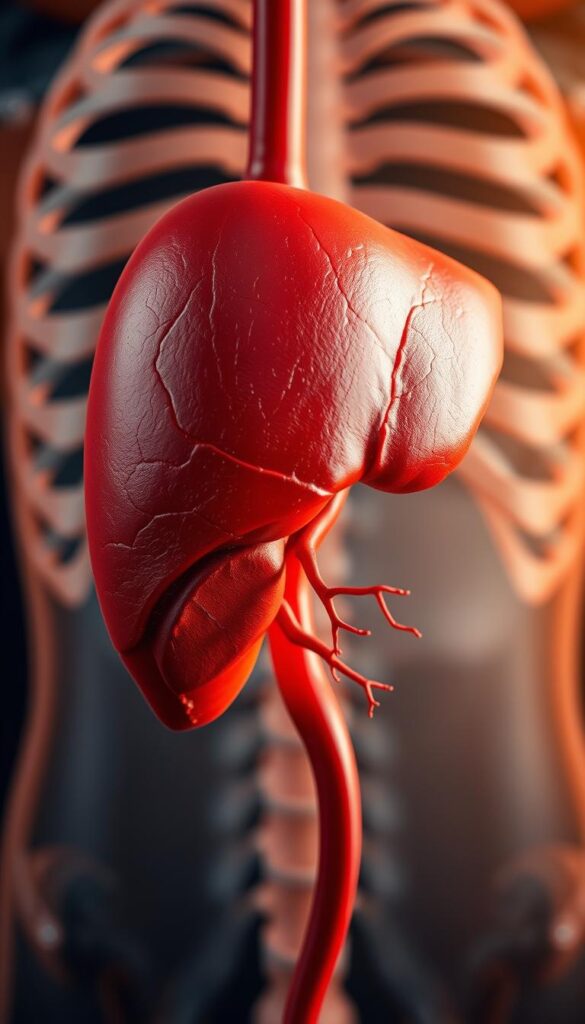
Your liver is always working to clean your body and help you stay healthy. It’s about 3 pounds and does over 500 jobs every day. But, some problems can stop it from fixing itself.
Common Liver Disorders to Be Aware Of
Knowing about these common issues can help your liver heal:
- Nonalcoholic Fatty Liver Disease (NAFLD): Affects 1 in 4 Americans, caused by fat buildup unrelated to alcohol.
- Alcoholic Liver Disease: Excessive drinking leads to inflammation, scarring, and impaired liver repair over time.
- Hepatitis A/B/C: Viral infections that damage liver cells and disrupt detox processes.
- Cirrhosis: Severe scarring that limits the liver’s natural healing ability.
| Disorder | Description | Impact on Repair |
|---|---|---|
| NAFLD | Fat accumulation without alcohol use | Slows regeneration if left untreated |
| Cirrhosis | Scarred liver tissue | Blocks natural repair processes |
| Hepatitis | Inflammation from viruses | Delays recovery if infections aren’t managed |
Seeing a doctor early is key. If you notice yellow skin, feel tired, or have belly pain, get help. Drinking less and eating well can help your liver. Taking care of your liver keeps it working right.
Signs Your Liver Needs Repair
Your liver works hard to clean your body. But, it can send out signals when it needs help. Over 4.5 million Americans have chronic liver problems. Signs like tiredness or yellow skin mean it’s time to focus on natural liver healing. Ignoring these signs can cause serious harm.
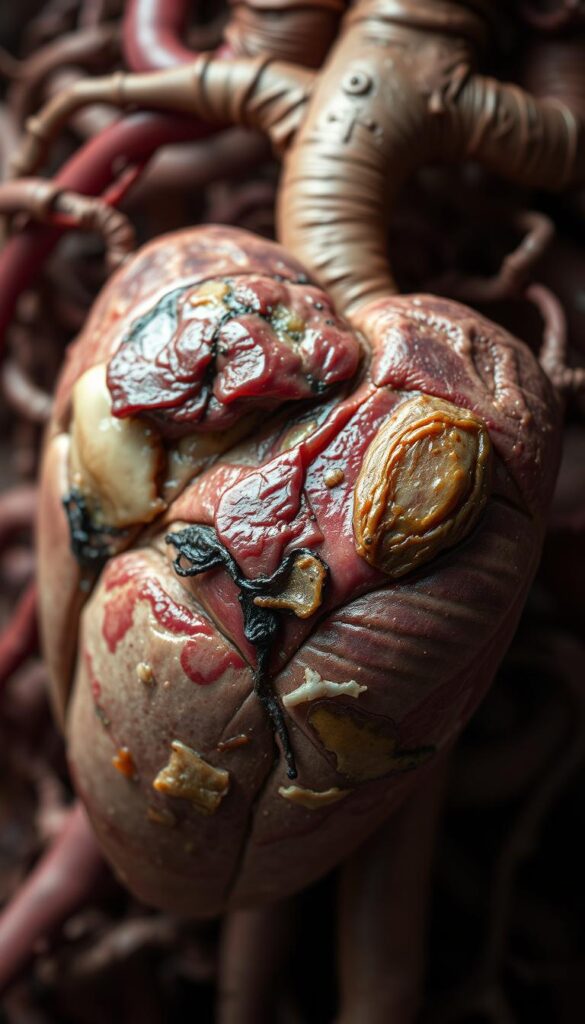
Symptoms of Liver Damage
Look out for these warning signs:
- Fatigue that lasts even after rest
- Yellowish skin or eyes (jaundice)
- Dark urine or pale, clay-colored stools
- Upper-right belly pain or swelling
- Unexplained nausea or loss of appetite
“Early action doubles recovery chances,” notes the CDC. “Symptoms like jaundice or pain shouldn’t be ignored.”
Fluid buildup in the stomach or easy bruising also hint at liver strain. While minor damage may heal in weeks, severe cases like cirrhosis leave permanent scarring. Early treatment boosts recovery odds, so don’t delay care if symptoms persist.
Forget liver cleanse ads—real healing starts with cutting alcohol, eating greens like leafy vegetables, and avoiding toxins. Let your body’s self-repair mechanisms work by addressing the root causes. Listen to your body’s signals to support your liver’s natural repair process.
Signs Your Liver Needs Repair
Knowing when to act is key to protecting your liver. Natural methods like diet and exercise help keep it healthy. But, some problems need a doctor’s help.
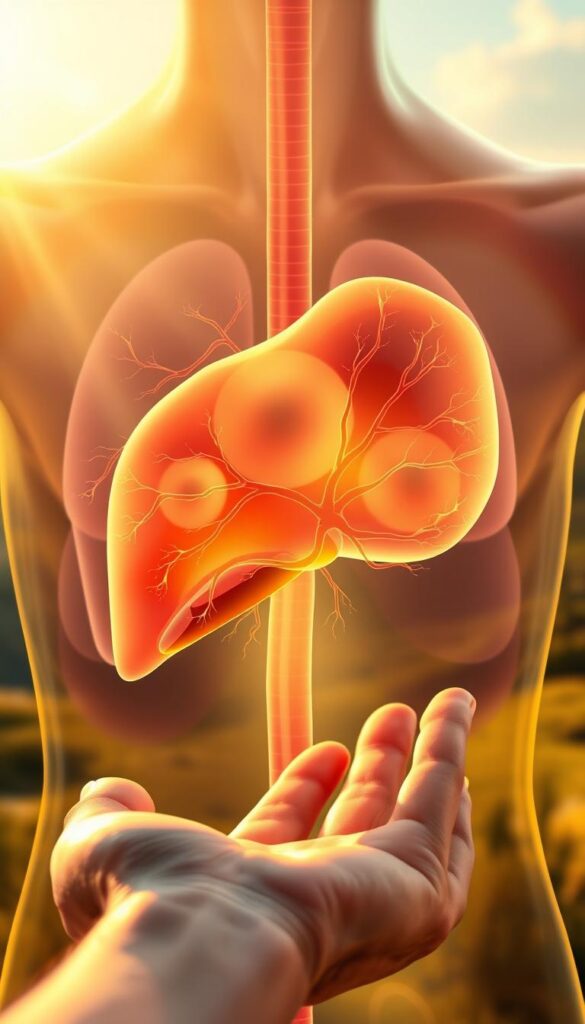
When to Seek Medical Advice
See a doctor if you notice:
- Yellowing skin or eyes (jaundice)
- Persistent abdominal pain or swelling
- Unexplained extreme fatigue
- Leg or abdominal swelling
These signs might mean serious liver damage. If you have a family history of liver disease, drink a lot of alcohol, or have hepatitis, get checked often. Even without symptoms, certain factors increase your risk:
- Diabetes or obesity
- Past blood transfusions before 1992
- Unsterilized tattoo or piercing history
Over 100 types of liver disease exist, yet many cases go undetected until damage is severe.
Acting early is crucial. Tests can find problems before they get worse. If you’re at risk, yearly tests are a good idea. A doctor can help you with both medical advice and natural care like diet and supplements. Don’t ignore warning signs—your liver’s health depends on it.
Key Nutrients for Liver Health
Your liver needs special vitamins and minerals to heal. They are like tools for your body to fix itself. Here are the most important ones:
- B Vitamins (B12, folate): Help remove toxins.
- Vitamin E: Protects cells from damage.
- Vitamin D: Reduces inflammation and scarring.
- Zinc: Keeps fats in check and enzymes working right.
- Selenium: Boosts cell defense.
- Magnesium: Helps liver cells make energy.
- Choline: Prevents liver clogging.

When picking liver support supplements, choose ones that science supports. Milk thistle helps with inflammation and cell growth. N-acetyl cysteine boosts your body’s main antioxidant. But be careful: a 2022 study found 30% of herbal products had hidden ingredients. Always talk to a doctor before starting, especially if you’re on meds.
Eat whole foods first. Spinach, almonds, and Brazil nuts are full of these nutrients. Use supplements wisely and always get advice from a doctor for your liver repair journey.
Key Nutrients for Liver Health
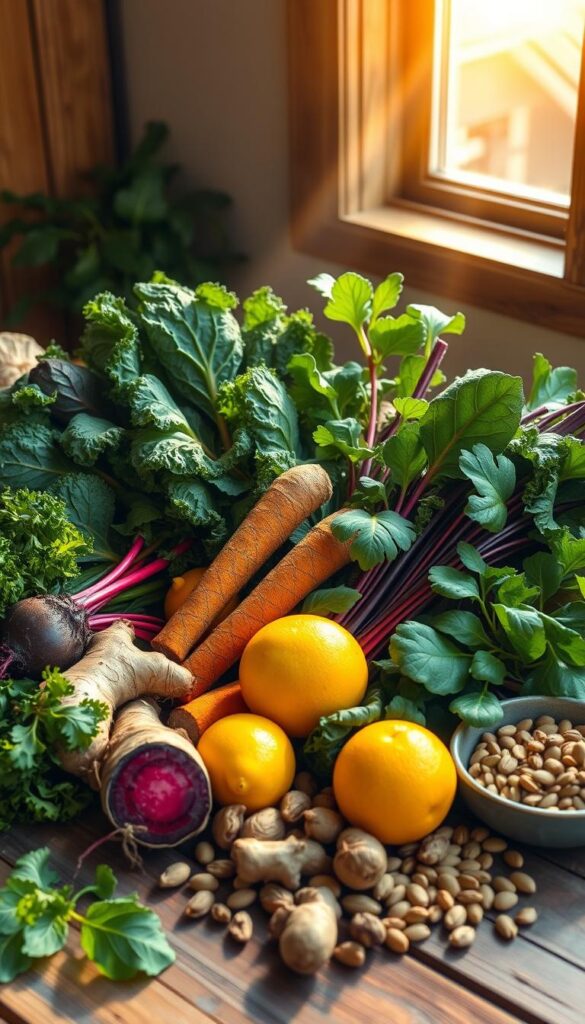
Antioxidants are great for your liver. They fight inflammation and protect cells. Adding certain foods can help improve liver function.
Here are some top foods for liver health:
- Berries: Blueberries, strawberries, and cranberries have polyphenols. These reduce inflammation and protect against oxidative stress.
- Green Tea: Green tea has catechins that activate liver enzymes. A 2020 review found it lowers liver enzymes in NAFLD patients.
- Broccoli: Broccoli has sulforaphane, which detoxifies carcinogens. A 2016 study showed it reduced tumors in mice.
- Garlic: Allicin in garlic helps remove toxins. It also reduces liver fat buildup, according to clinical data.
- Nuts: Walnuts and almonds have vitamin E and healthy fats. They reduce NAFLD risk.
A 2023 analysis shows grapefruit’s role in blocking fibrosis. This is a key step in liver repair.
| Food | Key Antioxidant | Benefit |
|---|---|---|
| Blueberries | Polyphenols | Reduce liver inflammation |
| Green Tea | Catechins | Improve fat metabolism |
| Broccoli | Sulforaphane | Activates detox enzymes |
| Garlic | Allicin | Reduce fat accumulation |
Eat a variety of colorful fruits and veggies for a rainbow diet. This gives you many nutrients. Small changes, like drinking green tea instead of soda or adding berries to oatmeal, can help. Your liver benefits from a mix of these foods every day.
Herbal Remedies for Liver Repair
For centuries, people have used plants to help their livers. Now, science supports this, showing herbs can detoxify the liver. When picking liver support supplements, choose ones with solid science and good sources.
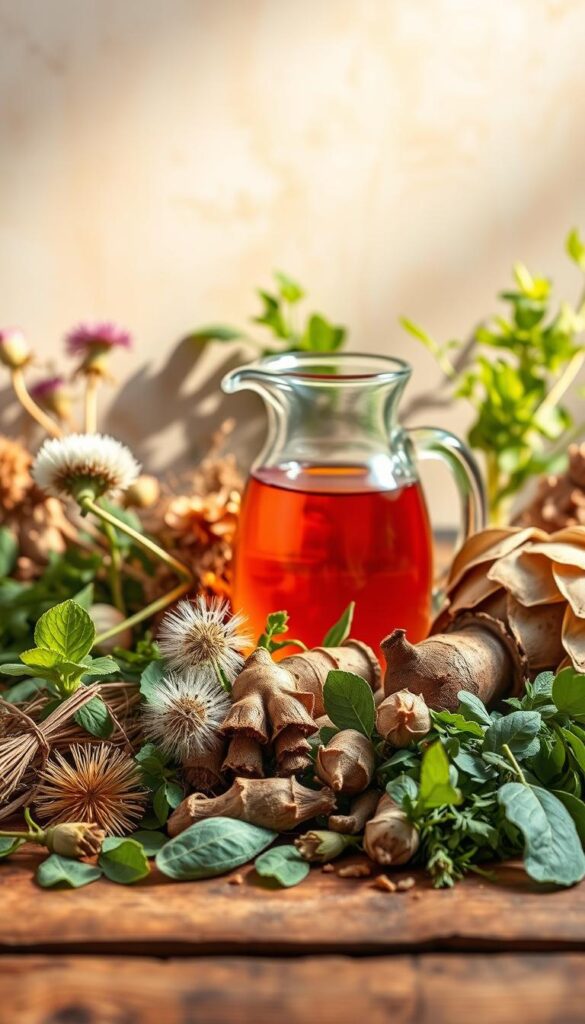
Popular Herbs That Support Liver Function
These herbs are great for liver health:
- Milk thistle has silymarin, which studies show helps liver health and survival.
- Turmeric’s curcumin fights inflammation. Studies found it cut liver fat by 78.9% in some patients.
- Dandelion root helps remove toxins. It’s full of beta-carotene and potassium for cell repair.
- Artichoke leaf boosts bile, helping with digestion and fat use.
Other herbs like ginger and garlic are also promising. A 2020 study showed garlic lowered ALT levels by 51% in fatty liver. But, herbal quality can vary. Choose standardized extracts for best results. Always talk to a doctor before starting supplements, especially if you’re on meds. Look for brands that have third-party testing for safety and effectiveness.
Herbal Remedies for Liver Repair
Exploring herbal supplements for liver health means safety first. These remedies can help with holistic liver care, but misuse can be risky. Dr. Woreta says, “20% of liver injury cases in the U.S. come from supplements,” showing the importance of caution.
“Herbs aren’t one-size-fits-all. Always prioritize quality and timing.”
Here are tips for safe herbal use:
- Look for GMP-certified brands with third-party lab results for purity and potency.
- Start with one herb at a time. For example, milk thistle (silymarin) helps with fat reduction. Start with low doses to watch for reactions.
- Timing is key: Take milk thistle between meals for better absorption. Dandelion works best with food to avoid stomach issues.
- Stay away from risky herbs like kava, comfrey, or chaparral. Studies show they can harm the liver.
- Tell your doctor about all supplements, especially if you’re on medications. Herbs like turmeric (curcumin) might interact with blood thinners.
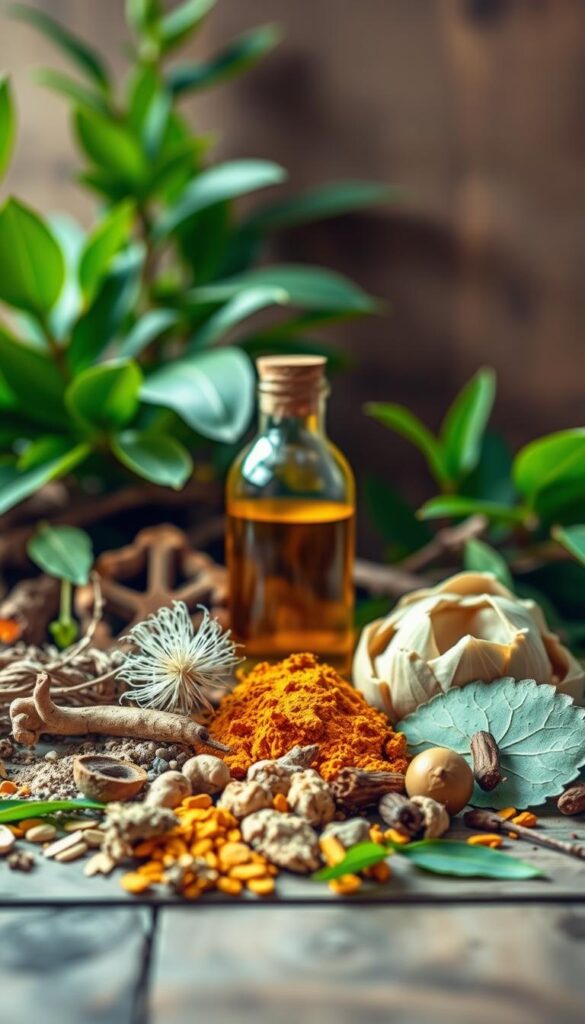
Be aware of signs like fatigue, nausea, or yellow skin. Stop using and talk to a doctor right away. Remember, herbs are part of a bigger plan. Follow the American Liver Foundation’s advice: stay healthy, limit alcohol, and eat foods like garlic and ginger.
Always balance herbal use with lifestyle choices. This way, you get the most benefits without risks.
The Power of Hydration for Liver Health
Water is your liver’s best friend for staying healthy. Your liver does over 500 important jobs every day. It filters toxins and processes nutrients. Drinking enough water helps your liver do these jobs better and eases its workload.

How Water Helps the Liver Function
Hydration keeps blood flowing well in your liver. This makes sure liver cells get what they need. Water also helps make bile, which breaks down fats and removes waste.
When you’re not drinking enough, toxins can build up. This puts extra stress on your liver. But, drinking water helps your liver detox better than any liver cleanse product.
- Start mornings with a glass of water to kickstart metabolism.
- Drink until urine is pale yellow—dark urine signals dehydration.
- Add lemon to water for a mild electrolyte boost and gentle liver stimulation.
- Carry a reusable bottle to sip steadily throughout the day.
Commercial liver cleanses might seem like quick fixes, but your body has its own way. Water is the key. Drinking enough water helps detox without harsh methods. Aim for 8-10 cups a day, depending on how active you are and where you live. Small changes help a lot. Your liver works all the time, so give it the water it needs to keep you healthy.
The Power of Hydration for Liver Health
Drinking enough water helps your liver clean and fix itself. But, it’s good to mix things up to stay excited. Here are some fun ways to drink water without losing flavor or convenience.
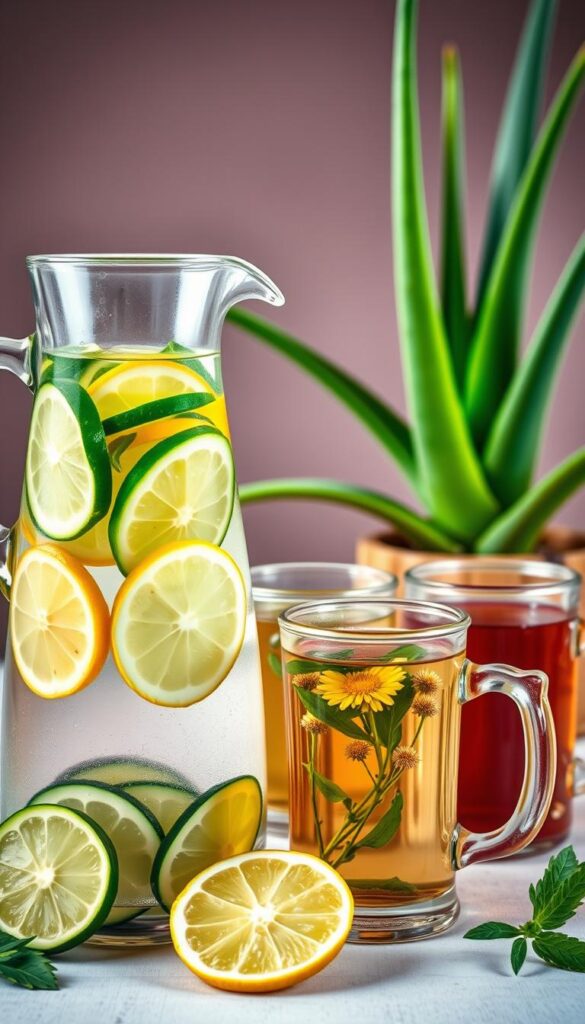
- Infused waters: Add cucumber, lemon, or berries to plain water for a refreshing twist without added sugars.
- Herbal teas: Sip dandelion or milk thistle tea to support liver function while staying hydrated.
- Fruit boost: Snack on watermelon (92% water) or oranges to boost hydration and antioxidants.
- Electrolyte alternatives: Coconut water or electrolyte tablets add minerals without artificial additives.
| Option | Benefits | How-to |
|---|---|---|
| Herbal Tea | Peppermint aids digestion; dandelion supports liver detox. | Steep loose herbs for 5-10 minutes. |
| Fruit Infusions | Watermelon and citrus add hydration with antioxidants. | Chop fruits and refrigerate overnight. |
| Vegetable Broth | Rich in minerals like potassium and magnesium for natural liver healing. | Make homemade broth with carrots, celery, and onions. |
Avoid sugary drinks and alcohol, as they harm your liver. Use apps like WaterMinder or reminders to drink enough. Drinking small amounts often is better than drinking a lot at once. Make hydration a fun part of your day, not a burden.
The Impact of Diet on Liver Function
Your liver can heal itself with the right foods. Eating certain foods can help your liver stay healthy and heal naturally:
- Fatty Fish: Salmon and mackerel have omega-3s. These help reduce liver inflammation and prevent fat buildup.
- Cruciferous Vegetables: Broccoli and cauliflower boost detox enzymes. Eating 100g/day of veggies can lower liver cancer risk by 8%.
- Garlic: It has allicin to remove toxins. Garlic powder was shown to reduce liver fat by 51% in people with NAFLD.
- Leafy Greens: Spinach and kale have chlorophyll to fight toxins. Add them to smoothies or salads for a healthy boost.
- Whole Grains: Oatmeal and brown rice have fiber. This fiber helps block toxin absorption in the gut.
Studies show berries like blueberries and grapes are full of antioxidants. Walnuts have omega-3s and vitamin E to protect liver cells. Olive oil is great for cooking because it has phenolic compounds that protect against damage.
Eating these foods often helps your liver regenerate. Remember to drink water and exercise too. Always talk to a doctor before changing your diet a lot.
The Impact of Diet on Liver Function
Think about how your diet affects your liver. To help your liver detox and heal naturally, it’s important to avoid certain foods. These foods can stress your liver and make it harder for it to work well.
Here are some foods you should limit or avoid:
- Fatty foods like fried foods and processed meats.
- Starchy foods like white bread and pasta.
- Sugar in sweets and drinks.
- Salt in snacks and processed foods.
- Alcohol and other toxins.
By avoiding these foods, you help your liver focus on detoxifying and healing. Here are some tips to help you:
- Choose whole foods like fruits, vegetables, and lean proteins.
- Drink plenty of water to help your liver flush out toxins.
- Limit processed foods and sugary drinks.
- Try to eat a balanced diet with all the necessary nutrients.
Remember, a healthy diet is key to supporting your liver’s detoxification and healing processes. By making smart food choices, you can help your liver function better.
By avoiding these foods, you give your liver a break. It can then focus on detoxifying and healing. Try to eat foods that are good for your liver most of the time.
Small changes can make a big difference. Choose healthier options and limit harmful foods. This way, you support your liver’s natural detoxification and healing.
The Importance of Regular Exercise
Exercise is more than just burning calories. It directly helps improve liver function. It boosts blood flow to the liver, helping remove toxins and reduce harmful fat. Even small changes in movement can greatly improve your liver health.
How Physical Activity Benefits the Liver
Here’s how exercise supports your liver’s daily work:
- Reduces liver fat by up to 39% even without major weight loss
- Cuts liver inflammation and scarring risk
- Improves insulin sensitivity, fighting fatty liver disease
- Strengthens blood vessel function to deliver more oxygen
| Study Findings | Impact |
|---|---|
| 150+ min weekly exercise | 60% lower risk of liver cancer |
| Combined diet/exercise program | 13-22 lb weight loss in 10 months |
| Resistance training | Enhances mitochondrial energy production |
Aim for at least 150 minutes weekly of activities like brisk walking or cycling. Add twice-weekly strength training. Even light activities like gardening count! Always talk to your doctor before starting new routines if you have existing conditions.
The Importance of Regular Exercise
Moving your body every day helps your liver. Even small steps like walking or cycling can make a big difference. Studies found that regular exercise can cut liver fat by 30% in people with NAFLD.
Here are some exercises that are good for your liver:
- Walking: 30 minutes daily at a brisk pace. Reduces ALT levels by 30% over time.
- Swimming: Full-body workout that cuts liver fat without stressing joints.
- Cycling: Improves metabolic health and insulin sensitivity.
- Resistance Training: 2-3 sessions weekly to build muscle and lower AST levels.
- Yoga: Poses like twists may enhance blood flow to the liver.
A study of 196 people showed that aerobic exercise is better for liver fat than resistance alone. The best results come from combining exercise with a healthy diet.
| Exercise Type | ALT Reduction | AST Reduction | Insulin Impact |
|---|---|---|---|
| Aerobic | 30-40% | 20% | Reduces by 20% |
| Resistance | 25% | 30% | Improves glucose metabolism |
| Combined | 40% | 25% | Best for liver repair |
Experts say to do 150 minutes of moderate exercise each week. For the best results, add hydration and a low-sugar diet. Always talk to your doctor before starting new exercises, especially if you have NAFLD or other health issues.
Mindfulness and Stress Management
Chronic stress doesn’t just make you tired—it can hurt your liver too. High stress raises cortisol, a hormone that messes with your metabolism. This slows down detox processes, making it harder for your liver to work well.
Stress also leads to bad habits like eating too much or not sleeping enough. These habits make it harder for your body to naturally clean itself. Studies show that managing stress is key for both mental and physical health.
A small study of 17 patients with liver issues found mindfulness helped a lot. After 8 weeks of stress reduction programs:
| Metric | Baseline | After 8 Weeks |
|---|---|---|
| Stress Scores (PSS) | 21 | 15 |
| ALT Levels (U/L) | 71.5 | 44.5 |
Participants also cut steroid use by 60% and saw better bile flow. This helped the body’s natural liver cleanse process.
- Incorporate 10 minutes of daily deep breathing to lower cortisol
- Try yoga to reduce stress hormones and improve digestion
- Use guided meditation apps to reset your body’s stress response
Your liver’s health depends on more than just what you eat—it needs mental calm too. By reducing stress, you help your body rebalance detox pathways. This supports liver function improvement.
Small steps like mindful walks or journaling can make big changes. Your liver works better when your mind is at ease.
Mindfulness and Stress Management
Managing stress is key to holistic liver care. Chronic stress can harm your liver by increasing inflammation and hormones. Simple daily practices can help ease tension and support liver healing.
A small 2019 study found yoga reduces hemoglobin A1c levels in women with metabolic issues, showing how stress relief aids overall wellness.
Effective Practices to Lower Stress
- Mindful Breathing: Try the 4-7-8 technique daily. Inhale for 4 counts, hold for 7, exhale for 8. This triggers your body’s calm response, easing stress that harms your liver.
- Yoga Sessions: Combines movement with breath. Research shows yoga lowers liver fat and improves cholesterol, aiding natural liver healing.
- Outdoor Time: Spend 20 minutes in nature daily. “Forest bathing” reduces cortisol, a stress hormone linked to liver strain.
- Creative Outlets: Draw, cook, or play music. Creative activities distract the mind and lower anxiety, supporting holistic liver care.
- Sleep Rituals: Aim for 7–8 hours. Poor sleep boosts stress hormones that hinder liver repair. Create a calming bedtime routine.
Pair these steps with a nutrient-rich diet and regular exercise. If stress feels overwhelming, talk to a counselor or wellness expert. Small daily actions can make a big difference in protecting your liver’s health.
Making Lifestyle Changes
Your liver needs good sleep to repair itself. When you sleep, your body works on fixing liver cells. This is because sleep helps your body make growth hormones.
Poor sleep can harm your liver. It can cause inflammation and fatty liver disease. This is bad for your liver health.
Research links poor sleep to higher liver enzymes and increased risk of nonalcoholic fatty liver disease, affecting 25% of Americans.
Here’s how to support your liver through sleep:
- Stick to a consistent bedtime and wake time daily.
- Keep your bedroom dark and cool (65°F/18°C) to encourage deep sleep phases.
- Aim for 7–9 hours nightly to boost growth hormone release.
| Tip | Impact on Liver |
|---|---|
| Avoid screens before bed | Preserves melatonin, which supports detox processes. |
| Limit caffeine after noon | Prevents sleep disruption, aiding liver regeneration. |
Sleep apnea can hurt your liver health. So, if you snore or have breathing problems, get help. Even one bad night can stress your liver. Make sleep a key part of your liver care plan.
Making Lifestyle Changes
Protecting your liver starts with avoiding harmful substances. Over 100 million Americans have fatty liver disease. This makes managing toxins very important. Too much alcohol and pollution make your liver work too hard.
By cutting down on these risks, your liver can heal and work better.
Alcohol harms liver cells and overloads detox pathways. Here’s how to stay safe:
- Men: No more than 3 drinks/day (ideally 2 or fewer)
- Women: Up to 2 drinks/day, with several alcohol-free days weekly
- Abstaining completely aids active liver repair
Household chemicals, cosmetics, and processed foods also harm your liver. To reduce this harm, try these:
- Switching to natural cleaning products
- Avoiding synthetic air fresheners
- Choosing organic for “dirty dozen” produce (like apples and strawberries)
- Opting for whole foods over additive-filled snacks
- Reviewing skincare products for toxic ingredients
- Testing tap water for heavy metals if concerned
Every small choice to reduce toxins helps your liver. It lets your liver focus on healing. These choices support your body’s natural detox processes and ease the strain on your liver.
Seeking Professional Guidance
Your liver health needs special care. If you notice yellow skin, dark urine, or constant tiredness, see a doctor fast. Catching problems early can stop them from getting worse.
- Unexplained weight loss or loss of appetite
- Abdominal swelling or pain
- Confusion or mental fog
More than 25% of adults drink alcohol at levels risking liver damage. Regular health checks are key. If you have a family history of liver disease, are overweight, or have type 2 diabetes, get checked yearly. Losing 5-10% of body weight can help those with NAFLD.
Always talk to a doctor before starting new meds or detox plans. They can watch your liver enzymes and see how you’re doing. People with cirrhosis or hepatitis need special care to manage scarring and inflammation.
Work with your doctor to make a plan that includes lifestyle changes and medical care. The Mayo Clinic says finding problems early helps a lot. Don’t wait to get help when you notice symptoms. Your doctor can do blood tests, ultrasounds, or biopsies to check your liver.
Seeking Professional Guidance
Getting help from a professional makes sure your liver recovery plan fits you. A nutritionist can make a plan that balances your diet, supplements, and lifestyle for the best results.
Benefits of Working with a Nutritionist
A dietitian who knows about liver health can make meal plans that are easy on your liver. They check your medicines and supplements to make sure they don’t harm your liver. They also make sure liver support supplements are safe for you.
They focus on taking care of your whole liver by filling nutrition gaps and dealing with alcohol use. For example, a Mediterranean diet is full of antioxidants that help detox your body naturally. Many insurances cover medical nutrition therapy, so getting help is affordable.
A nutritionist also keeps an eye on how you’re doing with blood tests. They change your plan if needed. This personal touch helps avoid mistakes, especially if you have conditions like cirrhosis or fatty liver disease.
Acting early is key—getting help now can stop damage before it gets worse. Your health team can help you make choices that protect your liver. Small steps today lead to lasting health.




